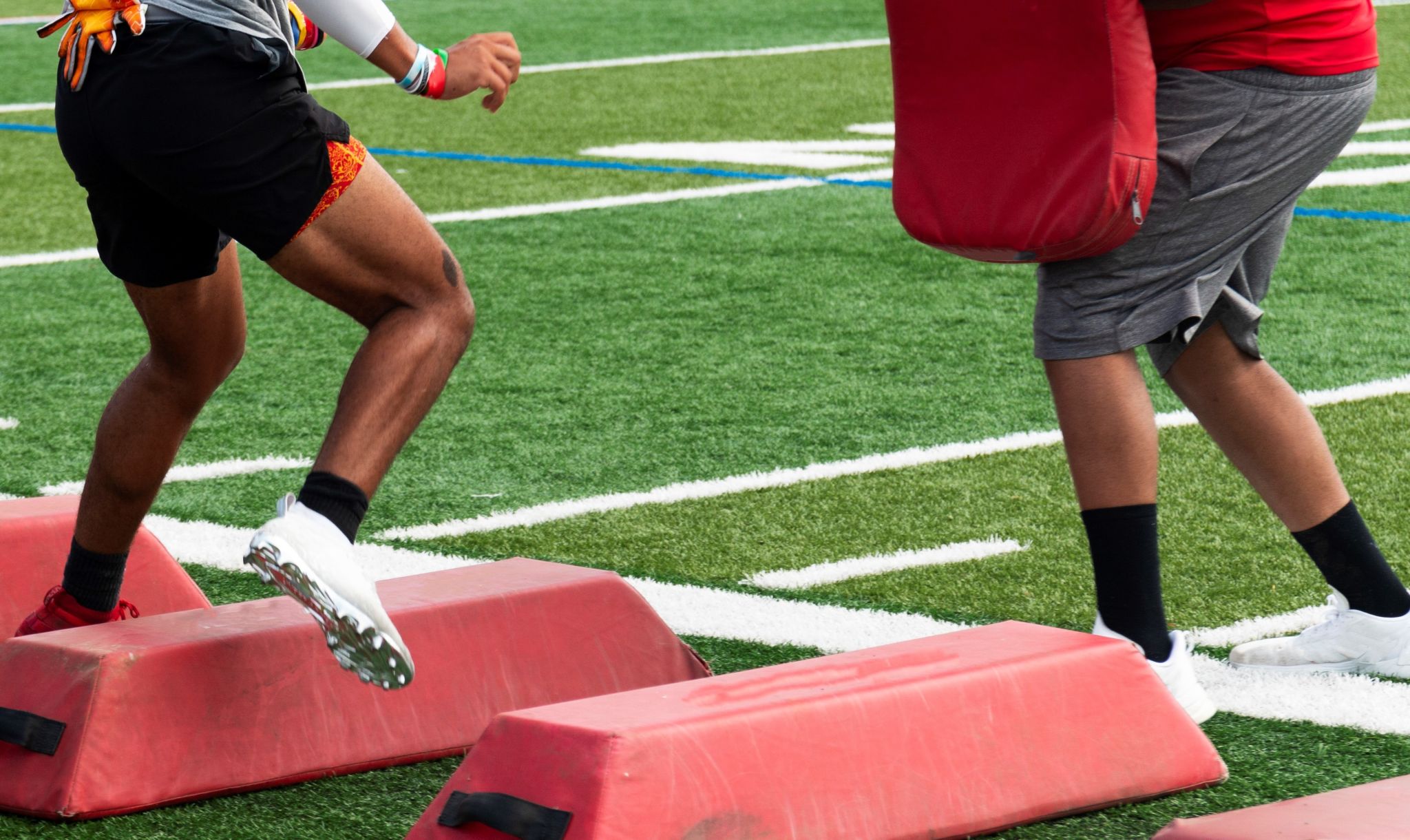Staying Ahead: Current Trends in Football Training Techniques
Adapting to Modern Football Training
In the fast-paced world of football, staying ahead of the competition requires not only talent but also the adoption of innovative training techniques. As the sport evolves, so do the methods players and coaches use to enhance performance on the field. This post delves into some of the current trends in football training that are helping athletes reach new heights.
From data-driven insights to advanced technology, training methods are becoming more sophisticated. These modern techniques are designed to maximize efficiency, reduce injury risks, and improve overall performance. Let's explore some of these revolutionary changes.

Data-Driven Training
Data analytics is transforming the way athletes train and perform. By using tracking devices and performance software, coaches can gather real-time data about players' movements, heart rates, and energy expenditure. This information allows for personalized training programs that cater to individual needs, focusing on areas that require improvement.
These insights are invaluable for creating targeted training sessions that enhance strengths and address weaknesses. The data collected also helps in monitoring player fatigue, ensuring they remain in peak condition throughout the season.

Technology Integration
Technology is playing a vital role in modern football training. Virtual reality (VR) is emerging as a powerful tool for players to simulate match scenarios without physical exertion. This allows athletes to improve their decision-making skills and tactical understanding from a unique perspective.
Additionally, wearable technology, such as GPS vests and fitness trackers, provides comprehensive feedback on players' performances during practice sessions. These devices help in understanding the physical demands placed on athletes and tailor recovery plans accordingly.

The Importance of Mental Conditioning
Mental conditioning is now considered as important as physical training in football. Coaches are incorporating psychological strategies to enhance focus, resilience, and teamwork among players. Techniques such as visualization, mindfulness, and cognitive behavioral therapy are being used to boost mental fortitude.
Mental resilience is crucial for coping with the pressures of the game and maintaining confidence during critical moments. By nurturing a strong mental framework, players are better equipped to handle stress and perform at their best.

Functional Fitness and Injury Prevention
Functional fitness focuses on exercises that mimic movements performed during a match. This type of training not only enhances athletic performance but also reduces the risk of injuries. Exercises are designed to improve flexibility, balance, and core strength, all of which are essential for footballers.
Injury prevention strategies are a key component of current training programs. Techniques like dynamic stretching, strength training, and proprioceptive exercises help in building a resilient body that's less prone to injuries.

Nutritional Advances
Nutritional science is making significant contributions to football training. Personalized nutrition plans are crafted to meet the specific energy needs of each player, optimizing performance and recovery. The focus is on balanced diets rich in proteins, carbohydrates, healthy fats, vitamins, and minerals.
Hydration strategies are also emphasized to maintain optimal physical function and prevent fatigue during games. These nutritional advancements are helping players sustain high levels of performance over extended periods.

